Information Technology Reference
In-Depth Information
The Children's Internet Protection Act (CIPA)
This extensive bill has the following main points related to our discussion here:
The law applies to libraries that receive various types of federal funding, including
public libraries, school libraries, and museum libraries. The law does not apply to aca
demic and college libraries.
The law requires use of “specific technology that blocks or filters Internet access to vi
sual depictions that are—(A) obscene . . . ; (B) child pornography . . . ; or (C) harmful
to minors.” Although specific filtering software or services are not provided, the law
requires that schools and libraries certify that they are using technology to block or
filter visual depictions as described above.
The law provides various definitions to clarify specific types of materials, using stan
dards that would arise from “the average person, applying contemporary community
standards.”
The law allows adults (17 years of age and older) to request, without explanation,
that libraries disable such filters; that is, although libraries must maintain filters for
children, the libraries also must disable that software for adults upon request.
The United States Congress passed the Children's Internet Protection Act (CIPA) on
December 15, 2000, and this was signed into law in January 2001. A court test was initi
ated in March 2001, and the Supreme Court upheld the law on June 23, 2003.
Caution: Because this law is complex and legal discussions continue, you should seek
legal counsel for handling of any current, specific issues.
As a complication, note that the law applies only to visual mate
rials, not to text or sound. Thus, the filters may or may not restrict
your access to nonvisual materials. As a practical matter, however,
the determination of content for images is particularly difficult.
Thus, at the time this chapter is being written, materials from the
American Library Association contain the following passage:
Q:
Is there blocking or filtering technology available that
actually filters or blocks access to obscenity, child
pornography, and material harmful to minors without
also restricting access to constitutionally protected speech
falling outside these defined terms?
A:
No. At this time we are aware of no filtering technol
ogy that will block out illegal content, but allow access to
constitutionally protected materials.*
















